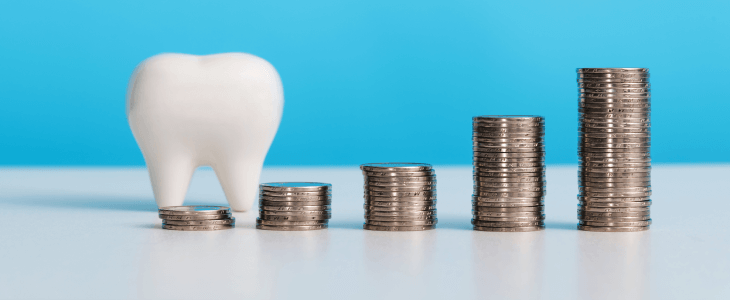A key consideration in buying a veterinary practice is whether to structure the deal as an asset purchase or a share purchase. Given that buying a practice will likely be a significant investment, the fact that the transaction may hinge on the seller’s objectives, and the complexities of buying a business generally, it is wise to consult an experienced veterinary attorney.
At Mahan Law, our practice is focused exclusively on representing veterinary professionals. As the owner of a veterinary hospital, lead attorney Anthony Mahan profoundly understands the challenges associated with buying a veterinary practice. From negotiating the sale price and deal terms for assessing valuation and arranging for financing, our team provides clients with informed representation and dependable service.
We represent veterinary professionals across the nation through a network of co-counsel attorneys on a wide range of matters, from startup through practice transitions. When you become our client, you will be well-equipped to achieve your objectives in the veterinary space.
What is the difference between a share purchase and an asset purchase?
Generally, there are two options for buying a veterinary practice: a share purchase and an asset purchase. In a share purchase, the purchaser buys the shares of the veterinary professional corporation that operates the practice, which also owns the assets. So the buyer would not own the practice or assets directly, but rather through the company. The professional corporation retains all its liabilities, including taxes, lawsuits, and employee obligations, however.
In an asset purchase, the purchaser buys specific assets of the veterinary practice. It is crucial for the buyer to determine which business assets are required to operate the practice so that unwanted assets can be excluded and potential liabilities can be avoided. In addition, contracts associated with the practice (e.g. building lease, equipment lease, vendor contract) must either be transferred or negotiated.
Who Benefits from the Share Purchase of a Veterinary Practice?
When clients consult us about buying a veterinary practice, they often ask whether it should be done as an asset deal or a share deal. Although purchasing the shares of a veterinary professional corporation may involve assuming its liabilities, our veterinary attorneys can work to have the seller discharge those liabilities and indemnify the buyer.
Structuring the deal as a share purchase is typically the seller’s desire, however, particularly if the capital gains exemption is available to the veterinary professional corporation. At the same time, the exemption could lead to a reduction in the purchase price. On the other hand, the capital gains exemption is not available to a veterinary practice that is selling its tangible assets. In fact, depending on how the purchase price is allocated, there may be a tax liability for recapture that would be payable by the seller in an asset purchase.
Regardless of how the deal is structured, our veterinary attorneys will conduct thorough due diligence to ensure that all of the assets necessary to operate the veterinary practice are owned by the seller, as well as to identify and address any of the practice’s liabilities.
Buying the Assets of a Veterinary Practice
Buying the assets of a veterinary practice rather than the shares is beneficial for a variety of reasons, not the least of which is that the buyer can avoid assuming any practice liabilities. A share deal can be structured to ensure that the seller discharges such liabilities prior to closing, however, and indemnifies the buyer from any other potential liabilities, such as unpaid taxes.
Another benefit of buying the assets of a veterinary practice is that the purchaser is allowed to depreciate those assets against income, even if the tax savings are marginal. An important factor in this regard is the allocation of the purchase price among the assets (e.g. goodwill, leaseholds, equipment); our legal team works strategically to protect our clients’ interests.
Finally, regardless of how the transaction is structured — asset purchase or share purchase — the seller may require the buyer to assume the employees, so that the seller can avoid paying the costs of terminating them. It may be possible to negotiate a shared percentage of this responsibility, within a specified time-period (e.g 90 days of closing), however. In an event, employment issues related to the purchase of a veterinary practice are best resolved by a skilled veterinary attorney.
Why You Need Mahan Law
Whether you are a startup seeking access to the veterinary space or an experienced veterinarian looking to grow your practice through an acquisition, determining whether to structure the deal as an asset purchase or a share purchase requires the advice and guidance of an experienced veterinary lawyer.
In collaboration with our respected network of financial professionals — accountants, business appraisers, lenders, and financiers — you can count on Mahan Law to guide you through each step of buying a veterinary practice. We will take the time to explain all the tax consequences, explore the legal, regulatory, and compliance implications, arrange for financing, represent you at closing, and, above all, help you achieve your objectives.
Contact Our Experienced Veterinary Attorneys
If you are buying a veterinary practice, you need the first-class representation and superior personal service that Mahan Law provides. When you work with our accomplished legal team, you will have confidence knowing that your veterinary practice will be built to last. Please contact us today for a free consultation.

